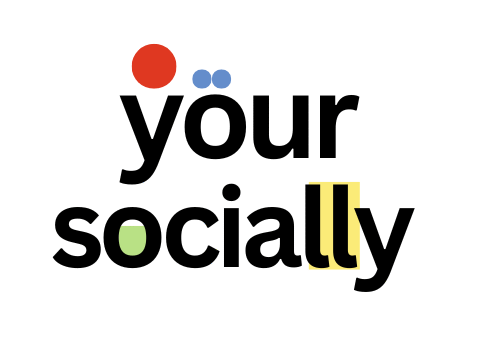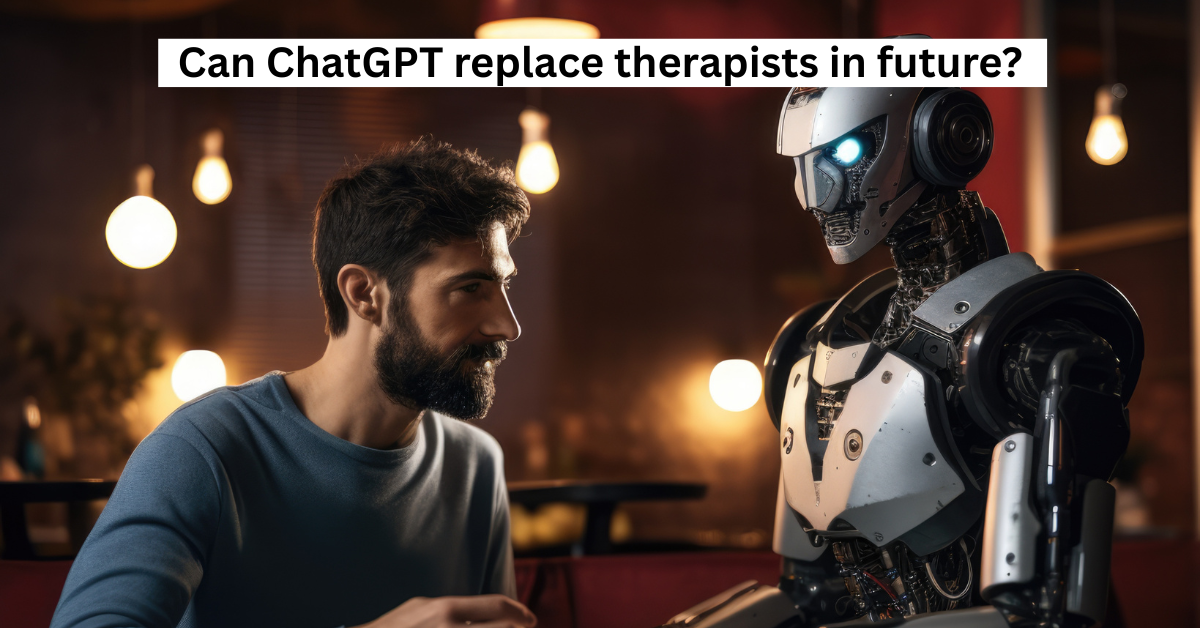Recently, there’s been a noticeable shift in the way young people and Gen Z connect with others and manage their emotions. Increasingly, they’re using artificial intelligence chatbots like ChatGPT, not just for information or help with tasks, but as companions for sharing their innermost thoughts and feelings. This change raises important questions: What draws them to these digital conversations? And how might this trend shape their ability to form real-world relationships in the long run?
What’s Driving Young Users to Open Up to Chat GPT?
1. Unconditional Listening and No Judgment
One of the most appealing aspects of AI chatbots is their non-judgmental nature. ChatGPT doesn’t interrupt, criticize, or lose patience. For anyone who fears rejection or feels misunderstood, interacting with an AI can feel far safer than risking vulnerability with a peer. It’s a private space where young people’s feelings are accepted, which many find appealing in a world that often demands perfection and quick responses.
2. Constant Availability and Reliability
Unlike friends or family members, ChatGPT is available around the clock. There’s no need to wait for someone to reply or be free for a call—AI is always ready to listen or chat. In a fast-paced era, convenience is paramount, and digital natives naturally gravitate toward tools that fit their on-demand lifestyle.
3. A Place for Honest Expression
Some topics feel too awkward, embarrassing, or risky to share with real people. With an AI, there are no consequences for honesty—no one will spread rumors or judge you harshly. For youths facing isolation at home or at school, this sense of absolute privacy and trustworthiness is a strong attraction.
4. A Source of Validation and Support
Whether someone is dealing with stress, disappointment, or self-doubt, ChatGPT offers comforting words and reassurance. For those who may not receive emotional support from their immediate circle, this AI can fill an important gap, reinforcing a sense of self-worth.
The Long-Term Impact of Relying on AI Friends
While chatbots provide comfort and an outlet for emotions, there are long-term concerns if they become a primary replacement for real human interaction:
1. Underdeveloped Social Abilities
When an AI satisfies emotional and conversational needs, young people might miss out on learning crucial social skills—like interpreting body language, handling disagreements, or simply maintaining engaging conversations. These are essential for workplace, academic, and personal success.
2. Potential for Social Withdrawal
Relying on AI for companionship can make real-life social interactions feel intimidating or unnecessary. Over time, this could lead to greater feelings of isolation, making it even harder to initiate and sustain real friendships.
3. Absence of Constructive Challenge
Human friends don’t always agree, and that’s an important part of growth. AI, however, is programmed to be supportive and agreeable, which might create an unrealistic echo chamber. Without constructive feedback or debate, personal development can stall and self-perspective may become skewed.
4. Weaker Emotional Resilience
Dealing with difficult emotions and misunderstandings is part of any real relationship. If young people become accustomed to AI’s consistently positive responses, they may find it harder to cope with the inevitable frustrations and challenges found in actual friendships.
The Bigger Picture: Socializing in a Digital Age
If dependence on digital companions like ChatGPT continues, we could see more young people feeling isolated in the real world, lacking the confidence or skillset to build meaningful, in-person relationships. Vital abilities like empathy, negotiation, and emotional risk-taking could diminish, making everyday interactions more anxiety-inducing.
Finding the Right Balance
AI chatbots can absolutely provide helpful support, especially in times of isolation or stress. But they should complement—not replace—genuine, human connection. It’s important for families, educators, and community leaders to encourage real-life bonding, open dialogue, and shared experiences where true empathy, growth, and understanding can flourish. After all, technology can offer company, but only real relationships offer the depth and richness needed for lifelong happiness and resilience.

